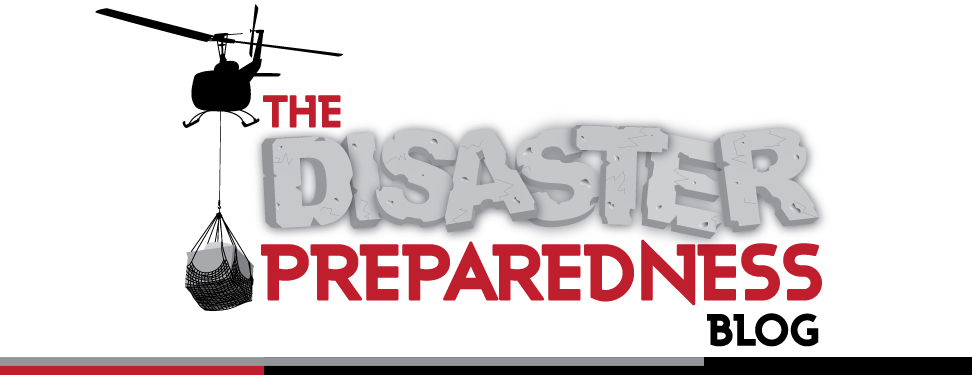The Loss of a Key Employee Can Be Devastating To a Business
 Thursday, October 22, 2009 at 5:00AM | |
Thursday, October 22, 2009 at 5:00AM | |  Email Article
Email Article Many businesses have Key Employees who are the only people responsible for specific duties, and often these are critical, core functions to the business. Often these employees will also have the only access to certain information that may be needed to perform some of these critical functions and operations.
The impact on the business after the loss of a key employee can be severe and can include but are not limited to the following:
- The distraction of other employees, resulting in missed opportunities and deadlines, deteriorating morale, and internal conflicts
- The loss of confidence from employees, managers and financial backers of the business and can include both suppliers and customers
- The business may suffer a weakening of their credit rating.
- The financial cost (in time and dollars) to find, hire and train a replacement.
- A need for immediate cash to fulfill promises made to the deceased employee's spouse or family, such as salary continuation or deferred compensation or other incentives promised.
- The business might also fail to capitalize on important business opportunities because cash reserves are being used to recruit and train the new employee(s) or pay out compensation.
Fortunately there are a number of things you can do to mitigate these issues the first of which is consider key employee insurance. Documenting the processes acurately that the Key Employee is responsible for is another.








Reader Comments (2)
Great points Keith.
The problem has been well stated. 3 simple solutions that go a long way in reducing the ill effects of the loss of a key person are (implemented in advance of course):
1) Succession plans,
2) Delegating authority and
3) Employee cross-training
A healthy CEO or a staff level IT person with passwords in his head can be taken out of the game by a drunk driver, crippling the organziation. Thanks for the post and keep up the GREAT work you do!
Mike McKenna
TEAM Solutions
Thanks Mike, you make some great points that I usually tell clients as well. There are however certain cases that these do not work and generally for high tech businesses or when you have a founder of a business that is very hands on.
Take Steve Jobs, just as an example of this type of situation. When he "disapeared" for a while it even caused the stock to take a hit and stirred up lots of controversy.
There are still things a business can do, but even succession plans have limitations.